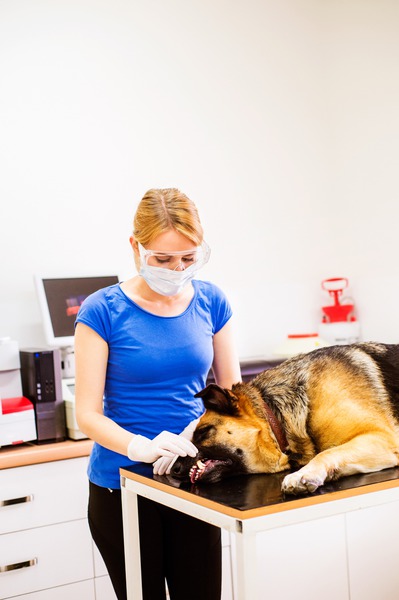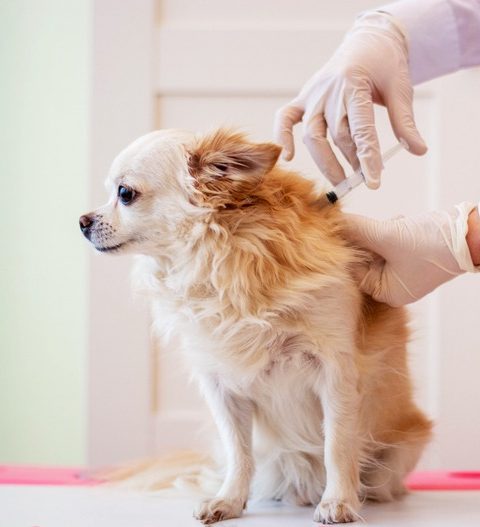As pet owners, we all want the best care for our furry friends, but veterinary bills can quickly add up. So, how can you budget for your pet’s veterinary care without compromising on quality? It might seem challenging, but with a little planning and some savvy strategies, you can provide excellent care for your pet while keeping your finances in check. Let’s explore how.
Smart Budgeting for Quality Vet Care for Your Pet
Budgeting for your pet’s veterinary care is all about making informed choices and planning. Here’s a step-by-step approach:
1. Prioritize Preventive Care
The best way to save money on vet bills is to prevent health issues before they arise. Regular check-ups and vaccinations are key. These routine visits can catch potential problems early and can be more affordable in the long run compared to emergency treatments.
-
Schedule annual check-ups
-
Keep up with trusted puppy vaccinations to protect against common diseases
-
Regularly check for parasites like fleas and ticks
2. Create a Pet Care Budget
Set aside a specific amount of money each month for your pet’s care. This should include routine care, emergencies, and any medications your pet may need. Start by estimating how much you spend annually on veterinary care and divide that by 12 to get your monthly budget.
-
Include costs for check-ups, vaccinations, and preventive care
-
Consider pet insurance as an option to manage unexpected expenses
3. Consider Pet Insurance
Pet insurance can help cover significant medical costs, making it easier to manage your budget. There are various plans available, so compare them to find one that suits your needs and fits your budget.
-
Look for plans that cover routine and emergency care
-
Check reviews and ratings to find reliable providers
4. Take Advantage of Discounts and Payment Plans
Many veterinary clinics offer discounts for multiple pets or preventive care packages. Some vets also provide payment plans for more expensive procedures, so don’t hesitate to ask.
-
Ask your vet about any available discounts
-
Inquire if they offer payment plans
5. Shop Around for Medications
Prescription medications can be costly, but you can often find them at a lower price online or at big-box retailers. Just make sure you’re buying from a reputable source.
-
Compare prices online and at local pharmacies
-
Ask your vet if there are generic options available
6. Join Pet Care Membership Programs
Some veterinary practices and pet stores offer membership programs that provide discounts on services and products. These programs can save you money over time, especially if you have multiple pets.
7. Learn Basic Pet Care Skills
Learning to perform basic grooming and health checks at home can save you money. With a little practice, you can brush your pet’s teeth, trim its nails, and check for signs of illness.
-
Brush your pet’s teeth regularly to prevent dental issues
-
Trim nails to avoid visits to the groomer or vet
-
Check for lumps, bumps, and other abnormalities
It’s also beneficial to learn more about vet dentistry by visiting their resources, which can provide valuable information on keeping your pet’s teeth healthy and reducing the need for professional cleanings.
8. Build an Emergency Fund
Veterinary emergencies can be expensive, so it’s wise to set aside money specifically for them. Aim to save enough to cover at least one major veterinary bill.
-
Set aside a portion of your budget each month for emergencies
-
Keep these funds separate from your regular savings
9. Stay Informed About Pet Health
Staying informed about common pet health issues can help you catch problems early and manage them more effectively. This is particularly crucial if you have older pets, as they may require comprehensive geriatric dog care tailored to their changing health needs. Follow reputable pet health websites, attend workshops that cover a range of topics, including senior pet care, and speak to your vet regularly about the specific needs of your aging pets.
10. Avoid Unnecessary Procedures
While you want the best care for your pet, not all treatments are necessary. Discuss with your vet about what’s essential and what’s optional. This way, you can make informed decisions based on your pet’s health and your financial situation.
-
Ask your vet to explain the necessity of recommended procedures
-
Get a second opinion if unsure about a costly treatment
Final Thoughts
Budgeting for your pet’s veterinary care doesn’t mean you have to compromise on quality. By planning, prioritizing preventive care, and exploring cost-saving options, you can ensure your pet receives excellent care while keeping your financial health on track. Prepare, stay informed, and always keep your pet’s well-being at the forefront of your decisions.





